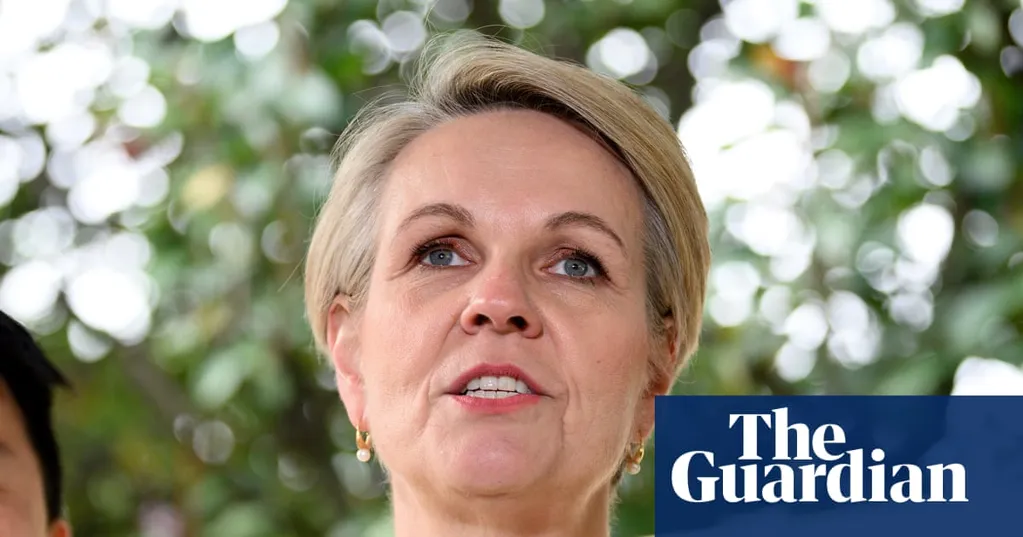Plibersek said those victims - Hannah Clarke and her children, Kardell Lomas and her unborn child, and Gail Karran - 'should have been kept safe'
The federal social services minister, Tanya Plibersek, says Guardian Australia's "devastating" revelations of failures to protect women fleeing violence must prompt action from governments "at every level".
Broken Trust, a two-year Guardian investigation, uncovered evidence and allegations of serious police and support service failures in multiple domestic violence homicides in Queensland.
In a post on Facebook, Plibersek said those victims - Hannah Clarke and her children, Kardell Lomas and her unborn child, and Gail Karran - "should have been kept safe".
"When authorities collude with perpetrators, it doesn't just undermine our systems - it's dangerous," Plibersek said.
"This important reporting from @guardianaustralia this week about all three cases has shed light on the devastating reality that women and children are still being failed."
Plibersek said the reporting pointed to a "broader cultural problem" in which women, particularly First Nations women, are "dismissed or blamed when seeking protection from violence".
"It has to stop," she said.
"When a victim of domestic violence or sexual assault turns up she needs to be believed, she needs to be helped, she needs to be supported. And the institutions that are there to protect us have to do their jobs.
"The pain and heartbreak Hannah, Kardell and Gail's families live with is unimaginable. Governments at all levels owe it to them to make sure this never happens again."
A spokesperson for the Queensland attorney general, Deb Frecklington, said the state government had implemented reforms since coming to power last year, including then establishment of a working group with victims of domestic, family and sexual violence to identify gaps in the system.
Frecklington said those reforms included GPS trackers for high-risk offenders and court upgrades to support victims.
But advocates are concerned that another of those reforms - law changes that allow police to issue year-long protection orders - could compound issues and place women in danger, particularly in light of the new revelations about police failures and data that says police frequently misidentify victims as perpetrators.
The Queensland police service recently completed a 100-day review of its operations that suggested the case management of domestic violence cases was not the "core business" of officers.
